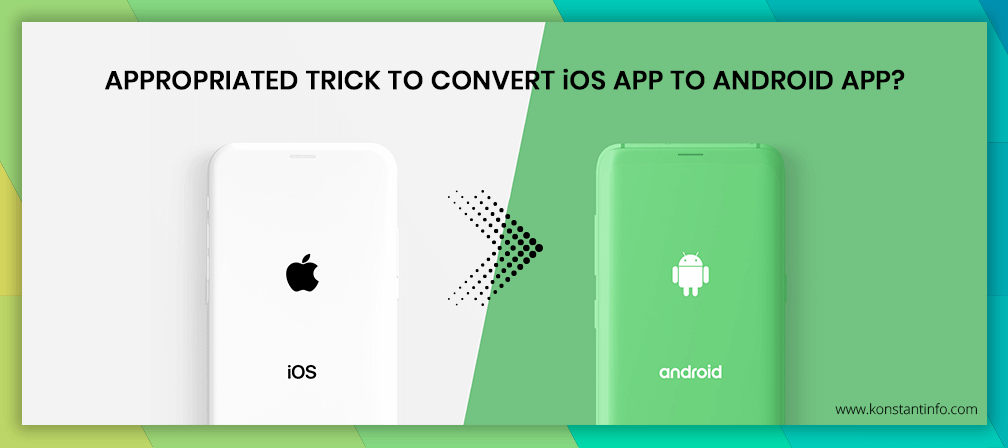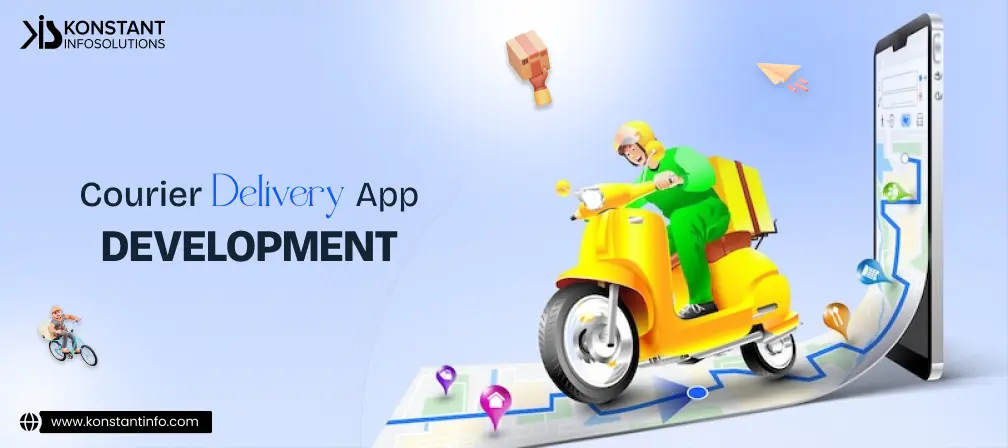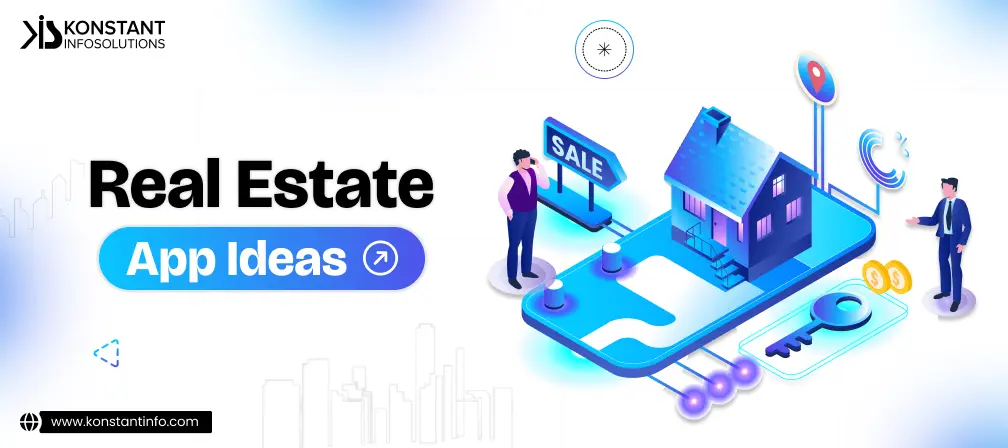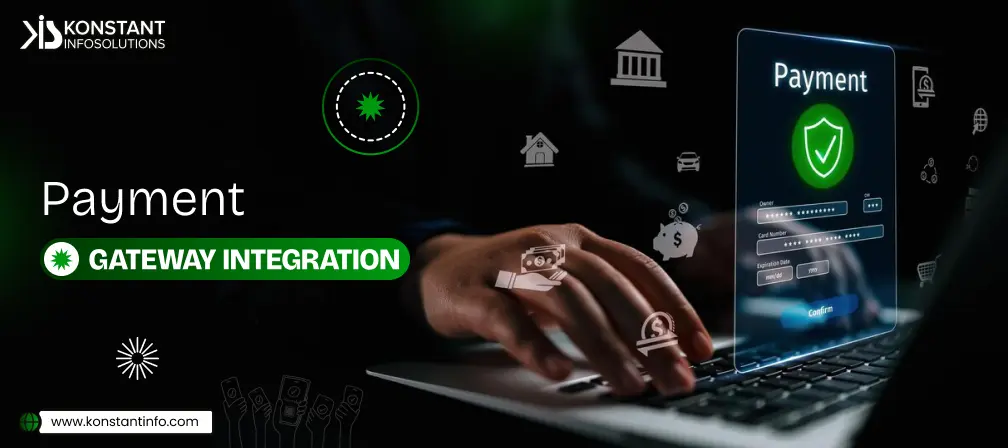
A comparative study conducted on users of Android and iOS showed that both Apple and Android are vying for a leading market share and none of them is ready to leave the tech arena without gaining the supremacy over mobile apps. Both these platforms account for almost 99% of the smartphone sales.
While Apple has seen declining sales of its iPhone over recent quarters, this has bolstered the decline in overall sales of mobile phones. This scenario is complemented with an equal rise in sales of Android smartphones, owing to less cost, ease of use and easy accessibility.
Many SMB’s are banking upon this idea and have been working around a strategy to develop iOS applications followed by Android applications (exact replicas with more or less similar features). Out of curiosity, iOS developers and Android developers have some equally compelling ambitions to create iOS and Android apps. While former is more developers friendly and smart looking, Android apps have a mass appeal and a wider reach to audience.
iOS and Android developers have to follow development best practices in order to port or convert iOS apps to Android needs. One of the reasons why app development agencies think of converting their iOS apps into Android ones and vice-versa is to earn extra bucks at the app store. The other reason is that most successful applications are accessible for both the platforms.
While app developers are busy developing and deploying applications on both platforms, it simultaneously means that the designers have to adapt to unique UI and UX needs of both the platforms. The brand identity has to be maintained. It is important to adhere to platform requirements to have a wholesome experience in both iOS and Android. Applications in both platforms work in the same way but the user experience that each one provides might be different.
Google’s Android covers 75.8 percent of the market, while Apple’s iOS has a market share of 22.9 percent roughly according to a study by statista.
Android and iOS are squaring up at almost all levels and have been amazingly competing in capturing all verticals of the industry. Strong sales of iPhones imply that its devices are making up eight out of the ten best-selling smartphones during this time.
Despite the widespread use of Android devices, the best applications are first developed in iOS and are then created for Android. E.g. – Periscope app (Twitter) – was built in iOS first and then created in Android. One of the reasons for this is that iPhone owners provide a more reliable income source for the publisher. iPhone users are more likely to spend on in-app purchase than Android users.
Sometime back app developers at Apple launched Swift, a brand new programming language for iOS development. Recently the emergence of Flutter, a new mobile app SDK for iPhone and Android users, is estimated to be the future of mobile development in near future.
While on one hand, Swift simplified app development, it also helped developers circumvent errors that they used to make with other programming languages. It soon became popular among iPhone developers.
It is the modern reactive framework that allows Android and iOS development that further eases out powerful UI with animations and shared codebase. Flutter could be one way to create beautiful mobile applications that can run on both Android as well as iOS platforms.
Developing mobile applications for such a fragmented platform as Android can be demanding at the same time. It often becomes tedious for Android programmers to create several versions of the app that is compatible to work on all older versions of OS as Android devices do not experience periodic OS updates very frequently.
Most popular and used OS in Android is Marshmallow that launched two years back followed by Lollipop that was released three years back. Android Nougat is catching up but is not that much popular as the previous two OS for the Android-powered devices across the world.
Mobile app developers keep on introducing new variations in their Google OS and keep bringing out new apps for Android.
See also iOS vs. Android App Development: Must Know the Best Solution
There are some advantages of Android over iOS:
The foremost thing that must be considered while deciding to convert an iOS app to Android or vice-versa is the method by which the conversion is to be done. Will it be a ready-made server or some tool by which it is to be done manually via coding?
Enchanted by the profusion of development jugglers? Translate that fascination into apps in real time. Let the iOS magicians steal the show and Android magicians perform even better. Here is your chance to have the best of both worlds. Hope you liked our insights from How to convert iOS App to Android App and that this could encourage you to at least try it as a better alternative. Please feel free to contact our team in case of any queries.



Neeti Kotia is a technology journalist who seeks to analyze the advancements and developments in technology that affect our everyday lives. Her articles primarily focus upon the business, social, cultural, and entertainment side of the technology sector.
Or send us an email at: [email protected]